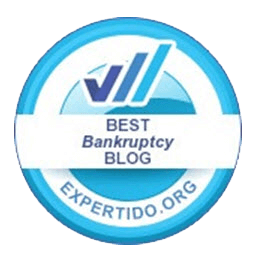If you fail to make your monthly mortgage payments for 120 days or more, your lender or their servicer can initiate a foreclosure. This legal process will give your lender the power to sell your home. They will use the proceeds from the sale as repayment for your loan. Most home or property owners facing foreclosure are not aware of their rights and the potential consequences of foreclosure on their credit and overall financial health.
The good news is that you have options to avoid foreclosure, such as filing for Chapter 13 bankruptcy to ensure you keep your home and other dischargeable debts. However, not every foreclosure avoidance option will suit everyone. At Reed Law Firm, our Columbia bankruptcy attorney offers a free case evaluation, so you can understand the options available to you, weigh their benefits and drawbacks, and learn what route would be best for your specific situation.
What You Should Know About The Foreclosure Process in South Carolina
To initiate a foreclosure, your lender will file a lawsuit and must serve you the necessary paperwork, including a complaint and summons, among others. The summons must provide details about the lawsuit filed against you and the deadline to file your response with the court.
Failure to file your response on time will result in your lender requesting and probably securing an automatic win or default judgment. That’s why filing your answer on time is critical. Your lender will also try to obtain a summary judgment. When fighting a foreclosure this way, you will need to hire a lawyer to help you out. Take note that uncontested foreclosures can last up to six months, while contested foreclosures can take longer.
If your case heads to trial, your lender must provide sufficient evidence to support their petition for foreclosure and receive a foreclosure judgment. If a judge grants your lender a summary judgment or default judgment or wins their case at trial, your lender can sell your home.
Take note that some mortgages come with a clause that gives borrowers the right to reinstate their loan, so review your contract to see whether this is an option for you. You should also know that filing for Chapter 13 bankruptcy is a viable option if you can’t afford to fund a costly court battle or your lender refuses to modify your loan, and you need to keep your home.
Seek Legal Guidance From an Experienced Columbia Bankruptcy Attorney
Having that nagging feeling or knowing for sure that you may lose your home in a foreclosure or receiving a petition for foreclosure is not the end of the world. Explore all the options available to you and get legal help as soon as you can. At Reed Law Firm, our Columbia bankruptcy attorney can help you understand the foreclosure process and figure out the best recourse to keep your home and avoid foreclosure.
To set up your free case review with our Columbia bankruptcy attorney, please send us a message online or call our office at 803-726-4888.


